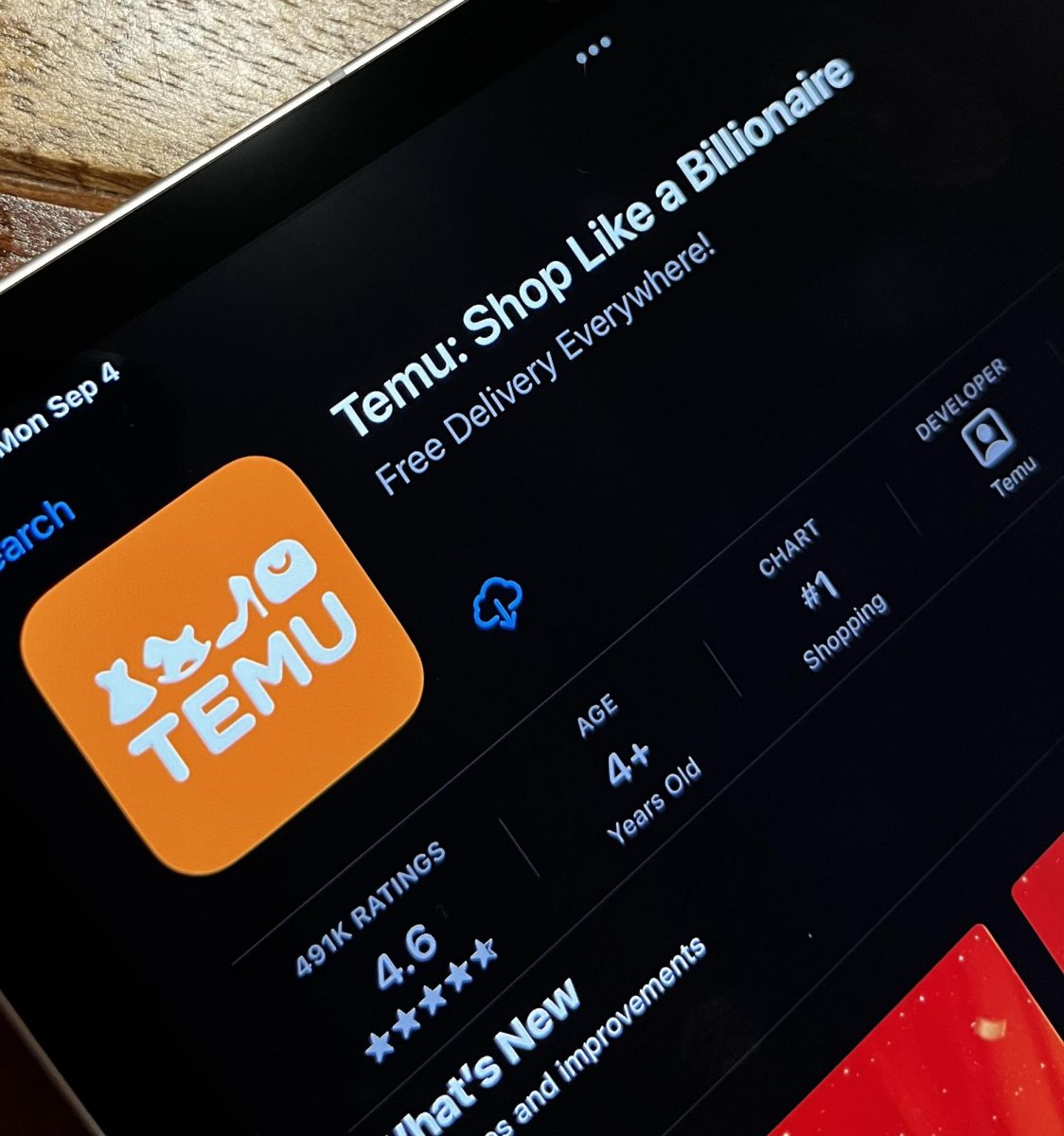Temu is all over social media and reels people in with extremely low prices and a wide variety of products.
The Temu app, a Chinese-owned startup, launched in September 2022, has rapidly become the most downloaded app in the United States with over 100 million users according to CNN Business.
With the tagline “shop like a billionaire,” Temu boasts unbelievable product variety with prices reaching under a dollar. But there are fraud and privacy-related concerns. One TikTok user, who goes by the handle dimplesqueennini, claims her identity was stolen after using the Temu app. Other users say they have had their accounts hacked and faced fraud after making Temu purchases.
According to the Better Business Bureau, Temu has a rating of 2.52 out of 5 stars. While the app is not officially accredited by BBB, the company has received a C-minus grade amid customer complaints. As a result, the New York Times, Time Magazine and CBS, among others, have warned their readers about the potential threats from Temu.
Emily Ricks, a sophomore majoring in modern languages says, “I’ll never use Temu, but even with U.S. companies, these things happen. We should always be aware of privacy threats and who we’re giving our information to.”
Facebook, a U.S.-based social media platform with over 200 million users in the United States, recently settled several lawsuits for violations of user privacy. According to the Federal Trade Commission, Facebook deceived customers with promises of privacy, but continuously allowed private user information to be shared publicly.
Madison Brown, a senior majoring in writing and publication, uses Instagram, which is owned by the same parent company as Facebook, despite privacy concerns; however, Madison says, “I honestly feel more comfortable using Instagram [than Temu] even though they have privacy violations…since all my friends and family use Instagram, it brings me comfort knowing I’m not the only one susceptible to this.”
Ashton Waisath, a sophomore majoring in business management, agrees with Madison’s sentiment. “I think people feel more comfortable with American companies because we have regulations that are enforced. With foreign companies, we have no idea where our information is going,” he says.






















